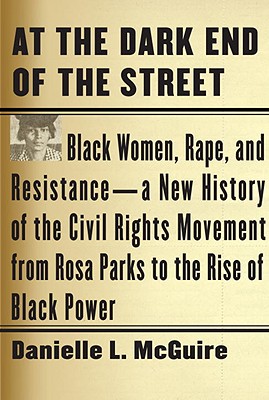 In this groundbreaking and important book, Danielle McGuire writes about the rape in 1944 of a 24-year-old mother and sharecropper, Recy Taylor, who strolled toward home after an evening of singing and praying at the Rock Hill Holiness Church in Abbeville, Alabama. Seven white men, armed with knives and shotguns, ordered the young woman into their green Chevrolet, raped her, and left her for dead. The president of the local NAACP branch office sent his best investigator and organizer to Abbeville. Her name was Rosa Parks.
In this groundbreaking and important book, Danielle McGuire writes about the rape in 1944 of a 24-year-old mother and sharecropper, Recy Taylor, who strolled toward home after an evening of singing and praying at the Rock Hill Holiness Church in Abbeville, Alabama. Seven white men, armed with knives and shotguns, ordered the young woman into their green Chevrolet, raped her, and left her for dead. The president of the local NAACP branch office sent his best investigator and organizer to Abbeville. Her name was Rosa Parks.
Parks and her allies formed the Alabama Committee for Equal Justice for Taylor, with support from national labor unions, African-American organizations, and women’s groups.
The group recruited supporters across the U.S. and by the spring of 1945 they had organized what the Chicago Defender called the “strongest campaign for equal justice to be seen in a decade.”
Despite the strong defense and campaign, the jury dismissed the case. Taylor received death threats and her home was firebombed.
The author gives us the history of how the Civil Rights Movement was in part started in protest against the ritualistic rape of Black women by white men who used economic intimidation, sexual violence, and terror to derail the freedom movement; and how those forces persisted unpunished throughout the Jim Crow era when white men assaulted Black women to enforce rules of racial and economic hierarchy. Black women’s protests against sexual assault and interracial rape fueled civil rights campaigns throughout the South that began during World War II and went through to the Black Power movement. The Montgomery Bus Boycott was the baptism, not the birth, of that struggle.
At the Dark End of the Street describes the decades of degradation Black women on the Montgomery city buses endured on their way to cook and clean for their white bosses. It reveals how Rosa Parks refused to move from her seat on the bus, was arrested, and, with fierce activist Jo Ann Robinson, organized a one-day bus boycott. The protest, intended to last 24 hours, became a yearlong struggle for dignity and justice. It broke the back of the Montgomery city bus lines and bankrupted the company.
We see how and why Rosa Parks, instead of becoming a leader of the movement she helped to start, was turned into a symbol of virtuous Black womanhood, sainted and celebrated for her quiet dignity, prim demeanor, and middle-class propriety — her radicalism all but erased. And we see as well how thousands of Black women whose courage and fortitude helped to transform the U.S. were reduced to the footnotes of history. [Based on publisher’s description.]
Following the lead of pioneers like Darlene Clark Hine, Danielle McGuire details the all too ignored tactic of rape of black women in the everyday practice of southern white supremacy. Just as important, she plots resistance against this outrage as an integral facet of the Civil Rights Movement of the 1950s and 1960s. This book is as essential as its history is infuriating. —Nell Irvin Painter, author of The History of White People
ISBN: 9780307389244 | Knopf
Listen to NPR interview with Recy Taylor and Danielle McGuire.

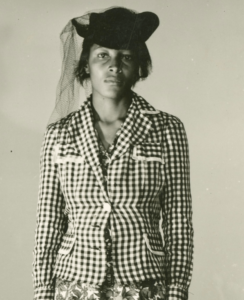
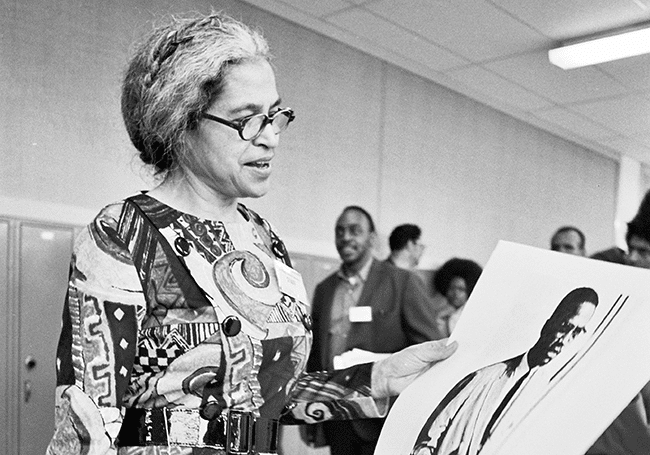

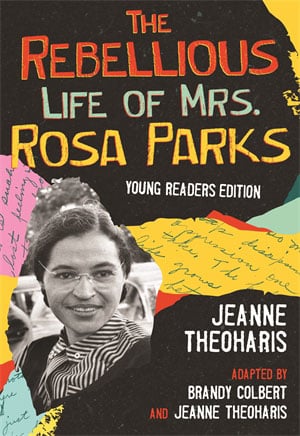
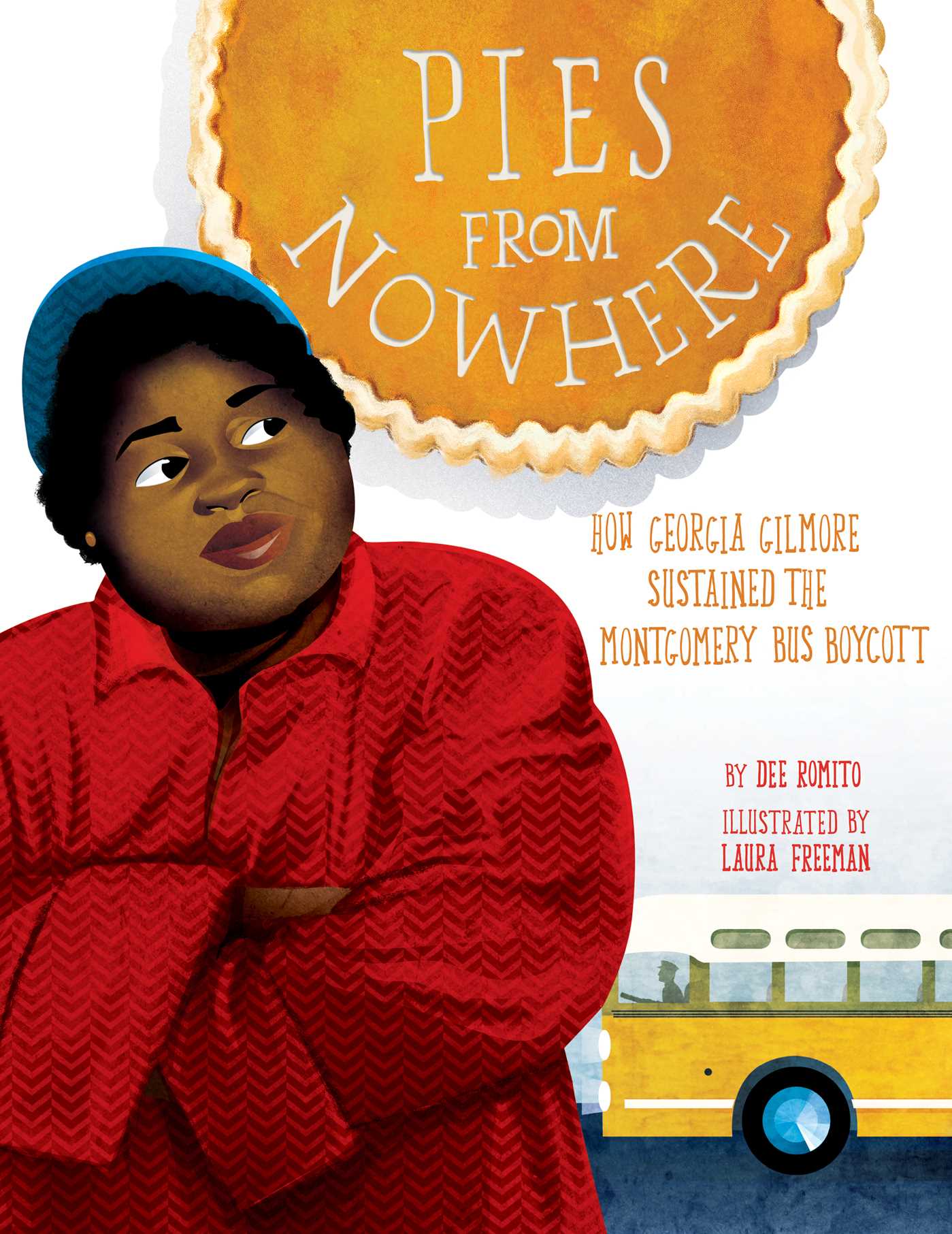
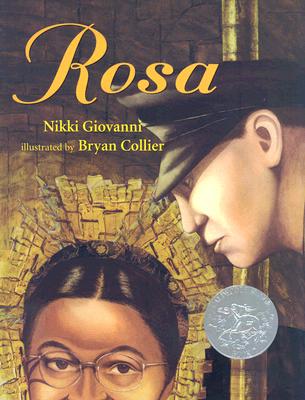
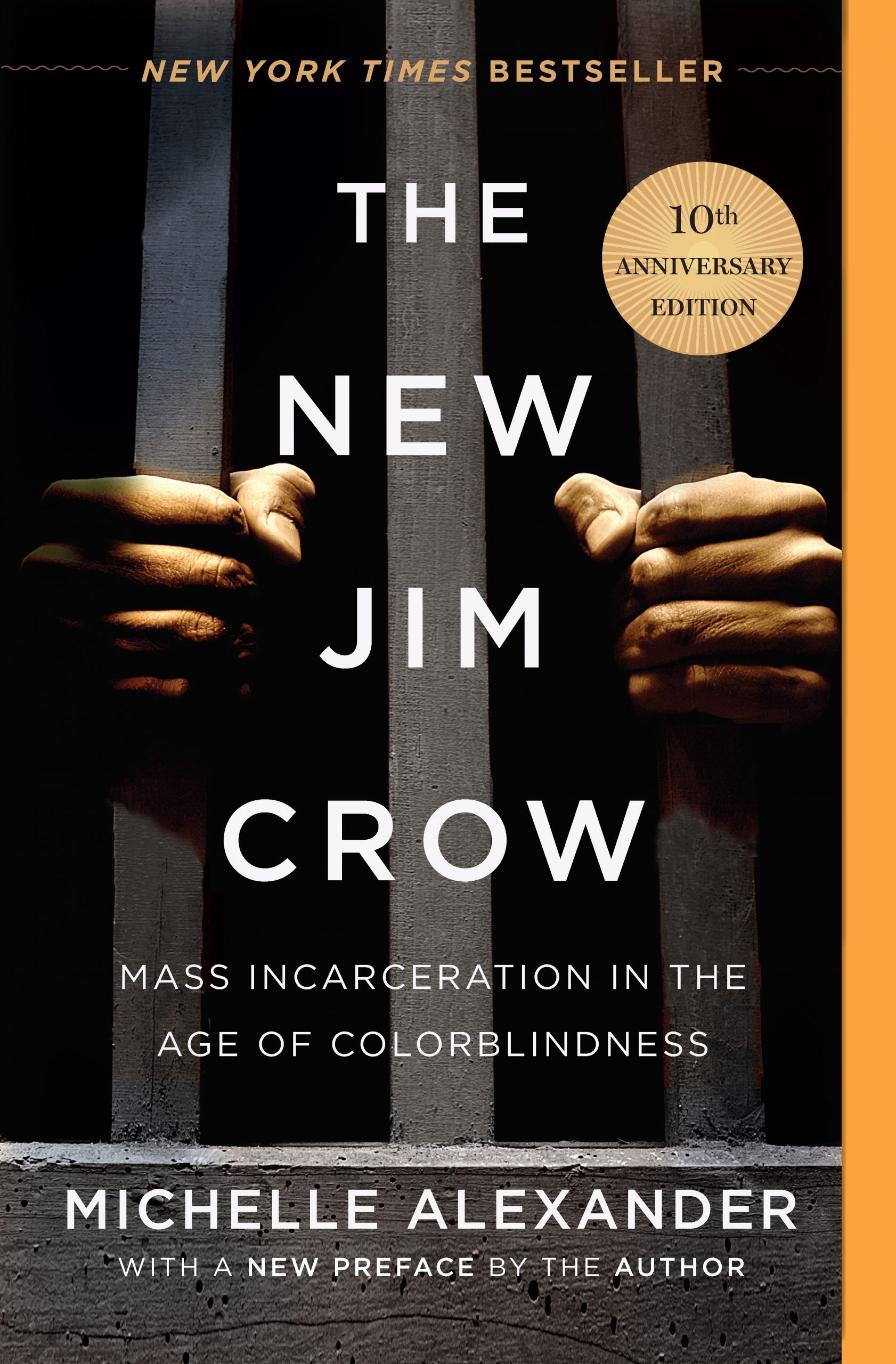






Twitter
Google plus
LinkedIn